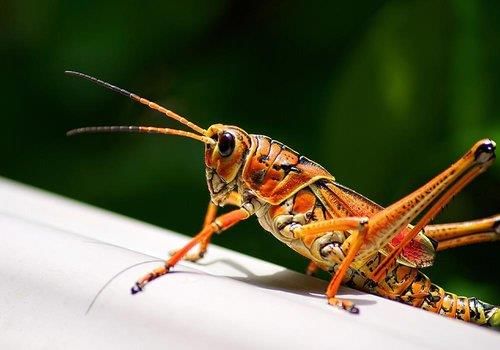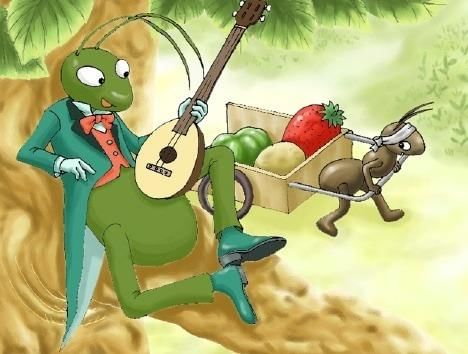|
Keats finds nature beautiful in all seasons, including both hot summer and cold winter. 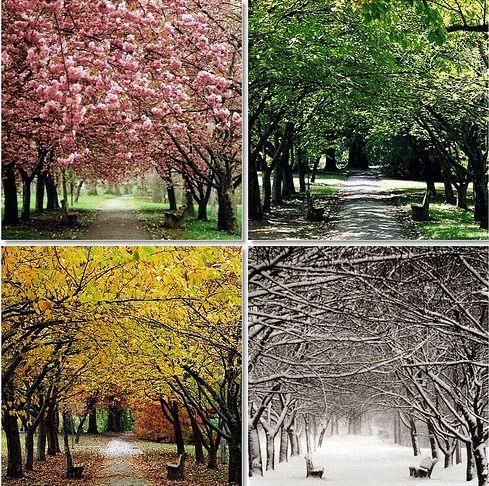 |
Card: 6 / 28 |
|
Fill in the blank: When the birds stop singing in the summer, the grasshopper can be found ___ and ___ from hedge. |
Card: 7 / 28 |
|
Short Answer: How does the cricket contribute to the earth's expression during winter? |
Card: 9 / 28 |
|
The cricket sings beautiful songs from the stones, indicating the earth's warmth and life. |
Card: 10 / 28 |
|
Multiple Choice: What does Keats say about the earth's singing? A) It stops in winter B) It stops in summer C) It never stops D) It only sings at night |
Card: 11 / 28 |
|
What feeling does the human being experience while listening to the grasshopper's song? |
Card: 13 / 28 |
|
The human being feels a sense of warmth and connection to nature, as if the grasshopper's song is coming from the grassy hills. 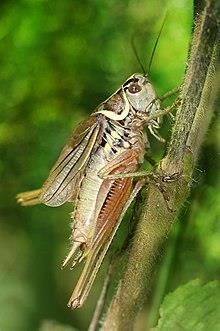 |
Card: 14 / 28 |
 Unlock all Flashcards with EduRev Infinity Plan Starting from @ ₹99 only
|
|
He finds nature beautiful in all seasons, including hot summer and cold winter. |
Card: 18 / 28 |
|
False; the earth continues to express its pleasure through beings like the grasshopper. 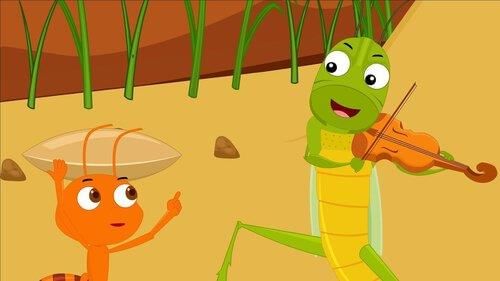 |
Card: 20 / 28 |
|
Fill in the blank: When birds stop singing in the summer, the ___ continues to sing and fly. |
Card: 21 / 28 |
|
Multiple Choice: Which creature sings beautiful songs from the stones during winter? A) Grasshopper B) Cricket C) Bird D) Earthworm |
Card: 25 / 28 |
|
He describes it as singing beautiful songs through different beings like the cricket. |
Card: 28 / 28 |





